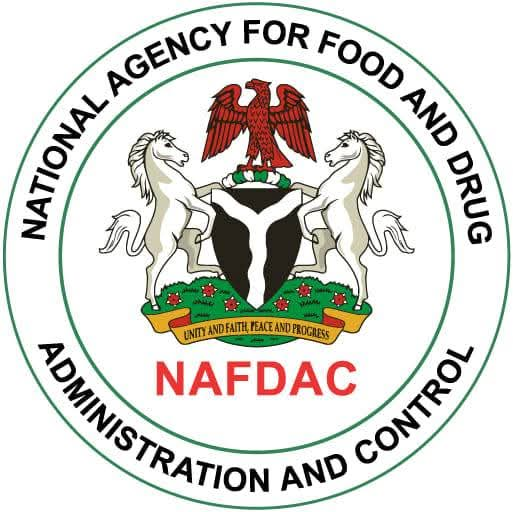The National Agency for Food and Drug Administration and Control (NAFDAC) has announced an immediate ban on the registration of Multi-Dose Anti-Malarial (Artemether/Lumefantrine) dry powder for oral suspension.
In a public statement released on its website on Monday, NAFDAC cited the instability of the drug in its reconstituted form, which compromises its effectiveness over time, as the reason for the ban.
The ban affects both locally manufactured and imported versions of the product.
NAFDAC emphasized that it will no longer process new applications, renewals, or variations for Multi-Dose Artemether/Lumefantrine dry powder for oral suspension, thereby halting its legal circulation in Nigeria.
According to NAFDAC, stability studies have shown that the reconstituted oral suspension of Artemether/Lumefantrine becomes unstable after mixing, resulting in a gradual loss of efficacy.
“This degradation poses significant health risks, including the worsening of malaria symptoms, increased complications, delays in treatment, and, in severe cases, potentially fatal outcomes. When a medication loses its effectiveness, it can jeopardize patient safety and public health,” the agency warned.
The ban applies to all Multi-Dose Artemether/Lumefantrine dry powder brands for oral suspension, including products from all manufacturers and importers.
NAFDAC has instructed its zonal directors and state coordinators to carry out surveillance operations across the country to remove these products from circulation.
The agency also urged importers, distributors, retailers, healthcare professionals, and caregivers to cease importing, distributing, selling, and using the affected products immediately to prevent further risks associated with the use of these unstable formulations.
“The public is encouraged to report any sightings of these items or incidents involving substandard or falsified medicines to the nearest NAFDAC office,” the statement added.
Healthcare providers and consumers are also advised to report any adverse events or side effects linked to medicinal products through NAFDAC’s e-reporting platforms, available on the agency’s website.
NAFDAC confirmed that this ban would be communicated to the World Health Organisation’s Global Surveillance and Monitoring System to ensure international awareness and compliance.
The agency reiterated its commitment to public safety, stating, “NAFDAC remains customer-focused and agency-minded, prioritizing the health and well-being of Nigerians.”

